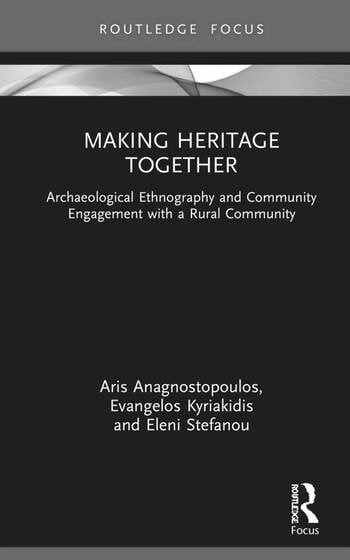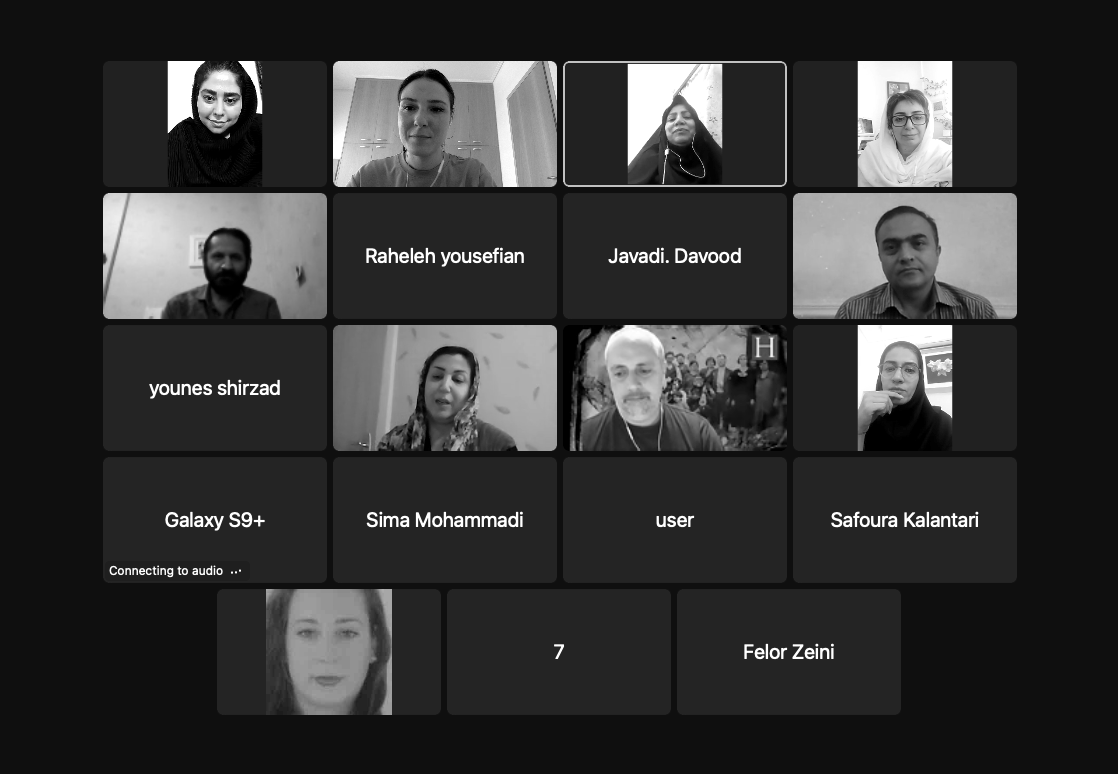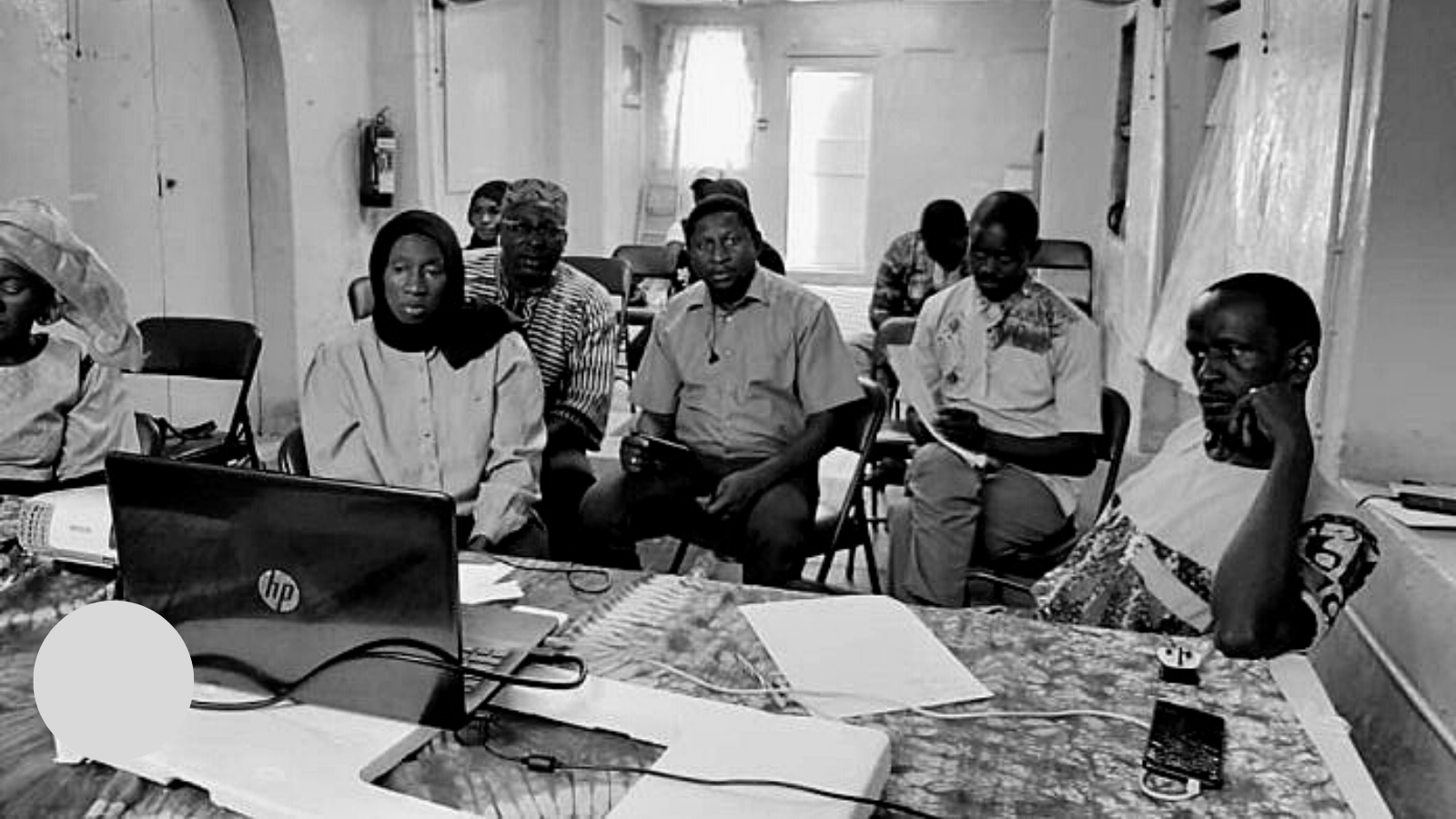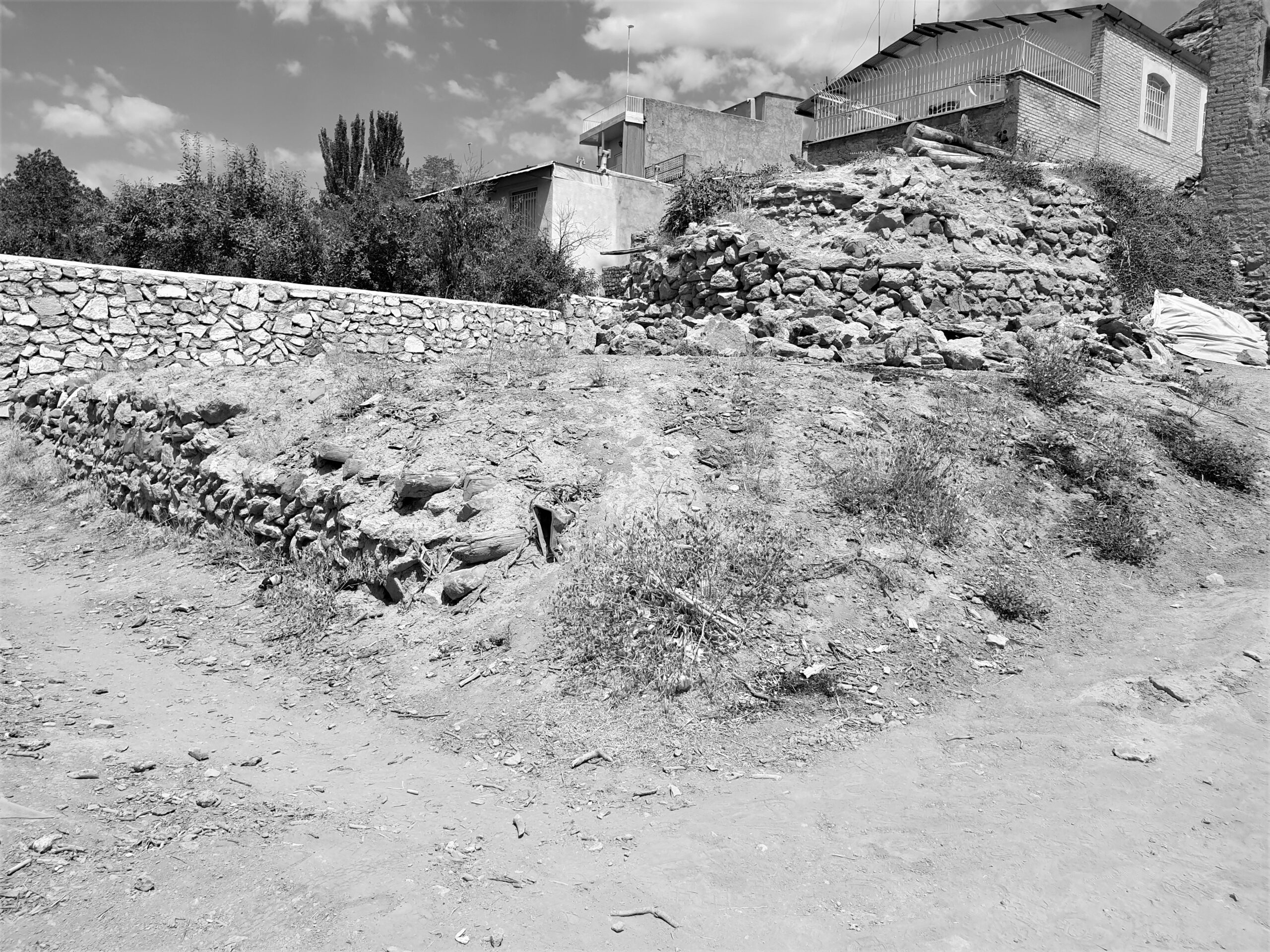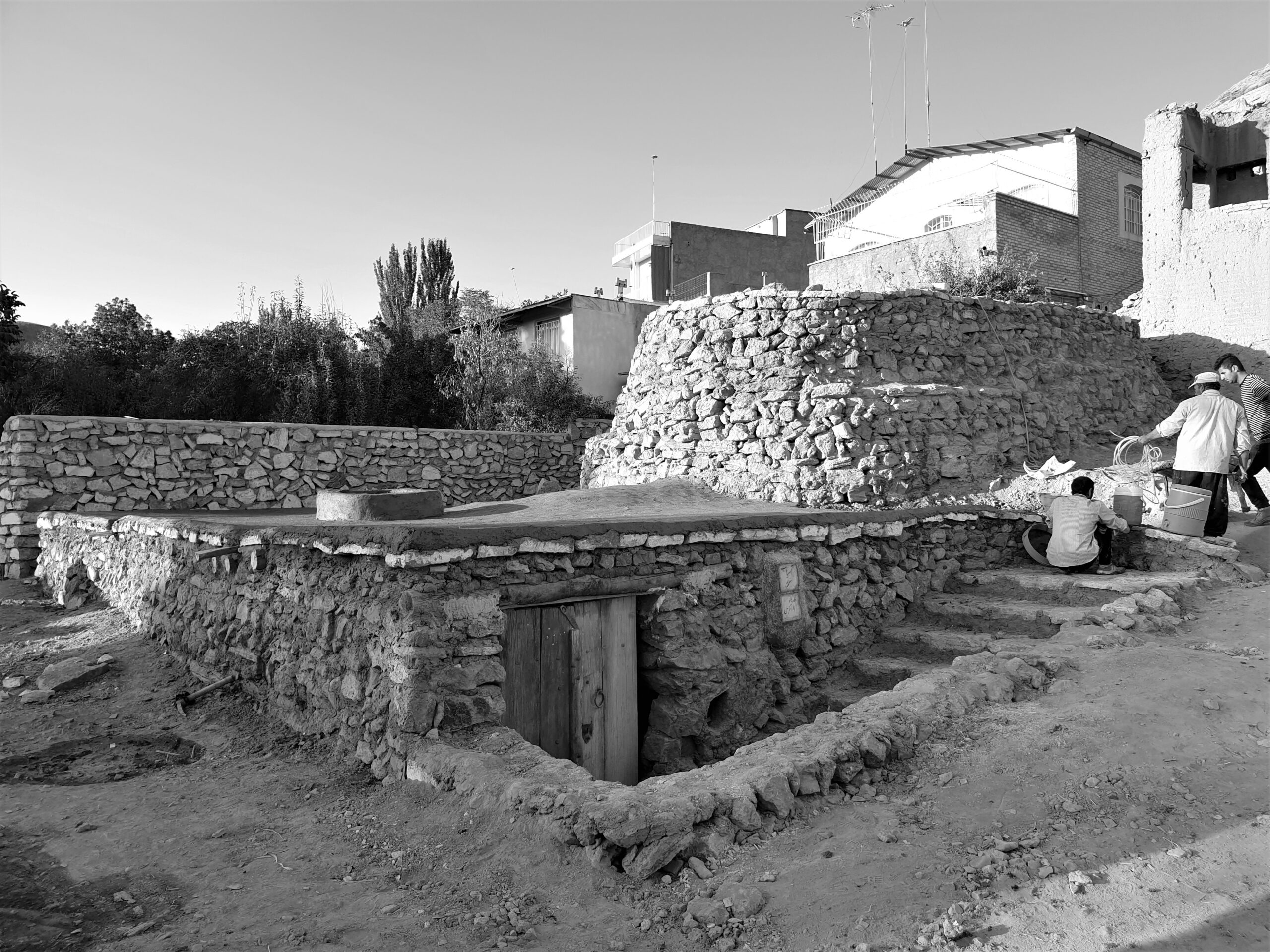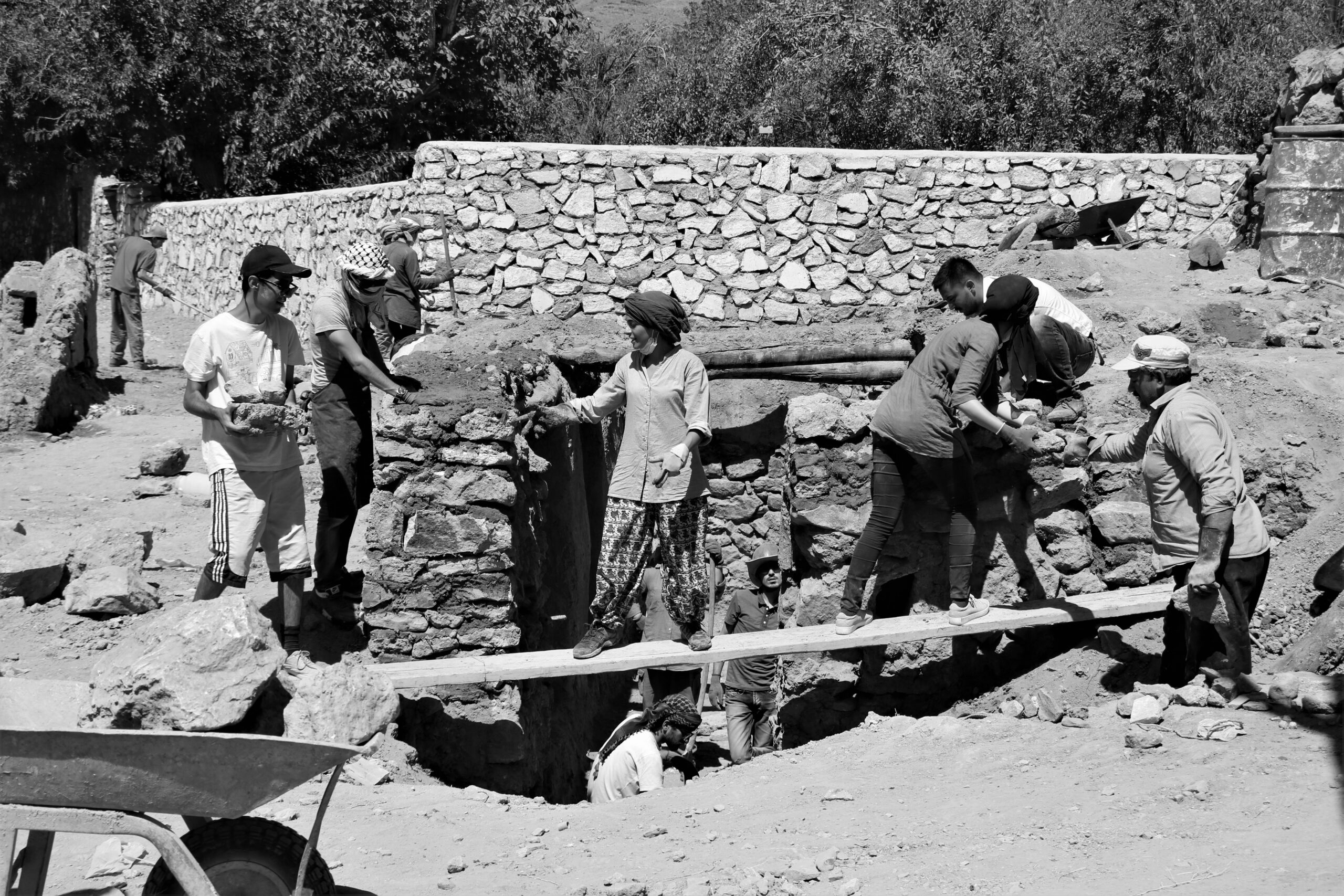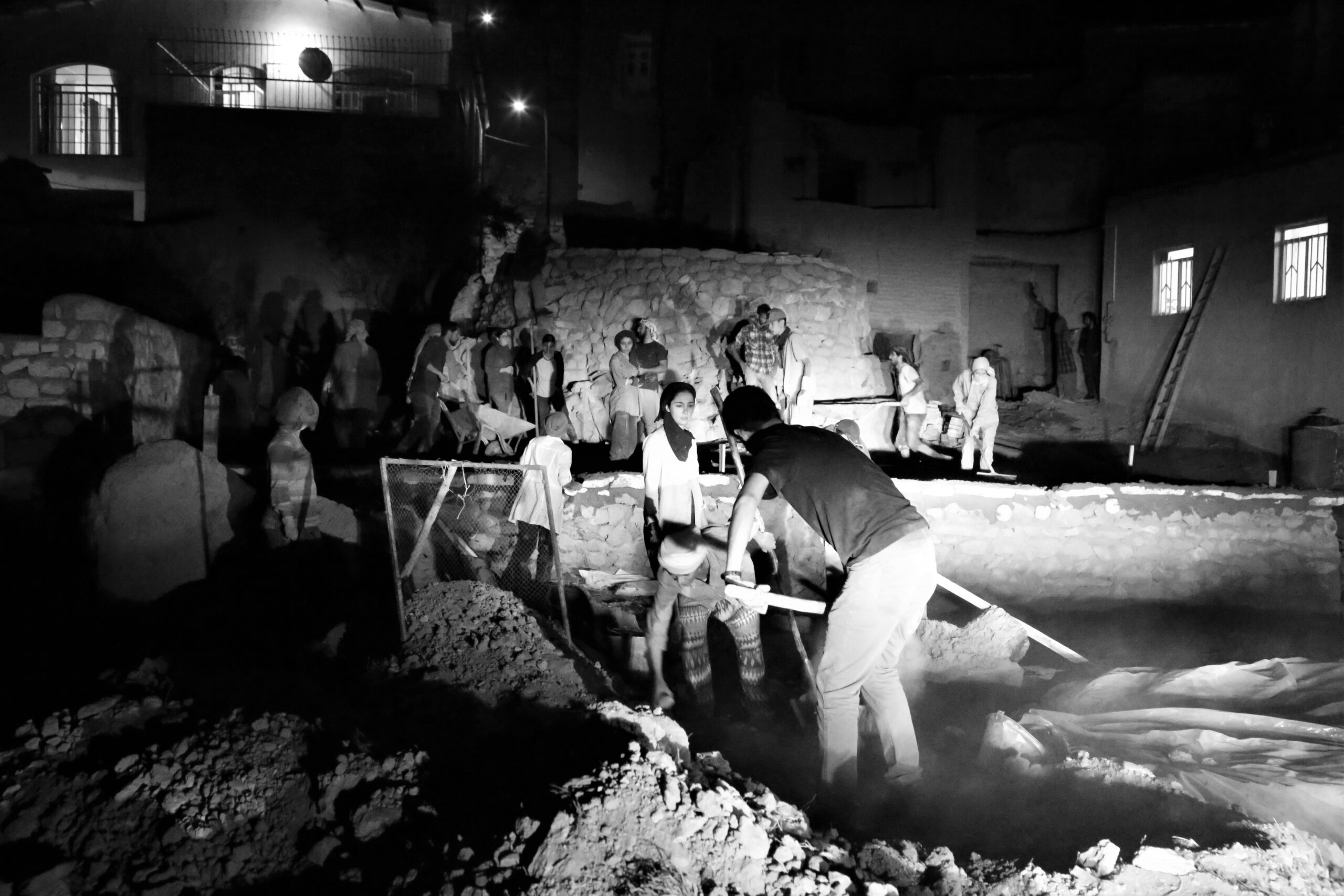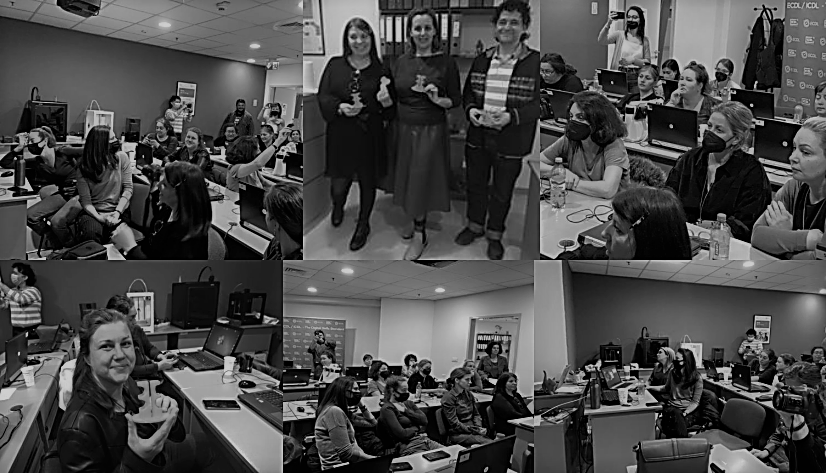: Uncategorized
Making Heritage Together: Archaeological Ethnography and Community Engagement with a Rural Community
Our recent publication Making Heritage Together: Archaeological Ethnography and Community Engagement with a Rural Community, by Routledge, is co-authored by Aris Anagnostopoulos, Lena Stefanou and Evangelos Kyriakidis. It has been long in the making, and the distillation of many years of community engagement and collaborative knowledge creation with a rural mountain community in central Crete, Greece. The project this book stems from is archaeological research initiated in 2011 by Evangelos, aiming to investigate and publish the material from three Minoan peak sanctuaries in the wider area. From quite early on, the project involved ethnographic research to inform and enrich the archaeological record, but soon enough the community took over and pushed the ethnography towards more recent tangible and intangible heritage.
This book aims to record and discuss the methods and activities of ethnographic research that spans nearly a decade. We show the rationale behind setting up collaborative actions in the field and present the strengths and the shortcomings of our research and activity. It shares methods from artistic research, ethnographic action research, and experimental archaeology and tries to spell out in detail the steps taken and the local, regional, and national context in which these were set out. Essentially it aims to show how ethnographic research should be an initial and central part of every heritage project as a method that both creates spaces for the production of knowledge on an equal par, as well as enables heritage workers to understand better the local context, as well as the needs, capacities and hopes of the people they work with.
Making Heritage Together is the second book in a series of planned publications, in dialogue and critical engagement with the first one in the series A Community Empowerment approach to Heritage Management, that Evangelos wrote in 2019, and anticipating the third, mainly archaeological book that is forthcoming. It shows how even a small project like this profits from multiple takes, approaches, and methodologies, to produce good practices and aephoric developments that are in sync with local communities.
Order now.
“Organizing Temporary Exhibitions from your Collections and Touring Strategies” workshop
The online 3-day workshop on “Organizing Temporary Exhibitions from your Collections and Touring Strategies” took place from 18 to 26 May 2022, and was organized exclusively for Iranian cultural heritage managers.
18 heritage managers from Iran have been trained on how temporary exhibitions can enhance and promote the mission of a cultural organization, create new audiences, build partnerships and potentially generate revenue.
The format of the workshop was discursive and participatory. All participants were invited and encouraged to bring their own ideas and projects for discussion and development, allowing them to engage further with a more emotional understanding of the training they received. During the days of the workshop participants were trained on building an organizational strategy for exhibition making, as well as partnership building, and explored the process behind making temporary exhibitions for display at home and for tour. This included identifying exhibition objectives, shaping the narrative and content to create a compelling visitor experience, as well as strategies for touring exhibitions nationally and internationally.
The workshop has been conducted by Dana Andrew.
Dana Andrew, is an independent museum consultant and trainer specializing in temporary and touring exhibitions and international projects. Based in Dublin, Ireland, she is Professional Development Manager, trainer and mentor for TEG (Touring Exhibitions Group) and part-time Executive Director of ICOM UK (International Council of Museums UK). Supporting museums, galleries and cultural organizations to develop successful projects and programs with impact, and having the vision, structure and processes in place to do this, is the main focus of Dana’s consultancy and training work.
The workshop’s guest lecturers were Dr Moya Carey and Maria Blyzinsky.
Dr Moya Carey, is Curator of Islamic Collections at the Chester Beatty in Dublin. In 2022, she curated the exhibition “Meeting in Isfahan: Vision and Exchange in Safavid Iran”. Previously (2009-2018) she worked as the Iran Heritage Foundation Curator for the Iranian Collections, at the Victoria and Albert Museum (V&A) in London. In 2017, she published “Persian Art: Collecting the Arts of Iran for the V&A”, a book about British collecting activities in late nineteenth-century ajar Iran. In 2019, this was awarded the International
Book of the Year prize in Iran. Dr Carey is interested in visual culture in all media, most particularly carpets, metalwork and the arts of the book, as well as the cultural contexts surrounding later appropriations, reuse and object biography.
Maria Blyzinsky, is a heritage consultant and independent curator specializing in exhibitions and interpretation. Her career began as a curator for the Royal Observatory Greenwich, where she now holds the post of Curator Emeritus. Later, as Head of Exhibitions for Royal Museums Greenwich, she managed a team of interpretation specialists, project managers and designers responsible for delivering a busy program of special exhibitions, gallery upgrades and touring shows. In 2007, Maria co-founded The Exhibitions Team, an association of independent museum professionals with a passion for exhibitions, collections and interpretation. She is a published author and is currently writing a book about generating ideas for exhibitions, due to be published in 2023.
“Engaging Communities Cultural Heritage” in The Gambia
On World African Heritage Day, the Heritage Management Organization is happy to announce that 41 heritage and cultural managers in Banjul, Barra and Janjanbureh attended its 3-day “Engaging Communities in Cultural Heritage” workshops.
“This workshop addresses the needs of the country’s heritage organizations and local groups as they themselves set them out in a survey we conducted to establish the sector’s specific training needs. As a result, we are delighted to be offering this workshop and to be working with multiple and very diverse stakeholders including the NCAC, Banjul, Janjanbureh, Lower Niumi, and Basse local communities, as well as the festival committees of Barra and Janjanbureh, tour guide groups and local heritage-related business managers,” said Evangelos Kyriakidis, the Heritage Organization’s Director.
The workshops, which are held online, are part of the Heritage Management Organization’s “HerMaP Gambia” program, which aims to develop the business skills of heritage and cultural managers working for civil society organizations in The Gambia. The aim is to enable them to establish and better support heritage and cultural enterprises. It is hoped that supporting enterprise-building based on the Gambia’s cultural heritage will promote greater community solidarity and eventually provide opportunities that will help reduce the number of people being lost to The Gambia through brain drain.
“The HerMaP project is a unique opportunity for us to engage with the incredibly diverse heritage sector of the Gambia, a country extremely rich in traditions, oral history, poetry, song, and dance among others. It is extremely encouraging to see the engagement of the Gambian stakeholders who ultimately will have ownership of this program. It is here important to thank all stakeholders in this program, and the European Commission for making it possible,” Kyriakidis added.
During the workshop, which was held online, participants familiarized themselves with the context of community engagement through heritage, the importance of values in community initiatives, discussed methodologies based on ethnography and oral history, and engaged in practical exercises aimed at understanding the communities they work with and producing multimedia content with the guidance of the instructors.
“We need to redouble our efforts at proper management of our cultural heritage. This will enable our younger generation to benefit from it since it will also promote tourism’’, said Saloum Sheriff Janko program manager Artists in Alliance for Arts and Culture.
The project is co-funded by the European Union with some funding partly matched by the UN Economic Commission for Africa. It is being realized in partnership with the National Centre for Arts and Culture.
Summer School Stories – Arezoo Khazanbeig
“Engaging Communities in Cultural Heritage” Summer School
Arezoo Khazanbeig, Architect
With the aim to broaden my knowledge in the field of heritage preservation and to develop further my personal project which is called “Workshop on Regeneration”, I participated in the “Engaging Communities in Cultural Heritage Summer School” offered by HERITΛGE in July 2021. As an architect, I am mostly interested in the preservation of heritage in rural settings, and to this end I have co-organized several workshops aiming to regenerate rural neighborhood and abandoned villages. In my work, I realized the importance of community and the engagement of rural inhabitants in the process of rural regeneration and heritage preservation and this is one of the main reasons why I joined this summer school.
The villages of Iran forget their wise and sustainable methods of living. They are transforming from primary producers to mass consumers. Neglecting the value of their vernacular heritage, the rural population is leaving for the cities. Villages are left abandoned for the sake of unbalanced development. We tried to overcome the issue by designing “Workshop on REGENERATION,” a bottom-up, teamwork process whose primary aim is to frame the problem in the context of conservation, sustainability, indigenous construction, and resiliency. Besides this, it aims to investigate possible solutions through lectures, discussions, and hands-on work. These yearly workshops are also the starting point for interdisciplinary collaboration and practical effectiveness.
The workshop makes different groups of people work together and encourages them to get involved in a specific issue, which is vital in sustainable development. It has been designed to make a link between professionals, academicians and locals to form a bond of mutual respect and perception. Professionals and heritage practitioners will find here an alternative influence through working in a rural context, and local populations will revive their relationships with the heritage values of their properties.
In these projects, the regeneration and the restoration of public spaces – like the watermill of Sarar in the centre of the village – was completed successfully through the cooperation of academia and local craftsmen. However, the lack of comprehensive and inclusive communication and community engagement as the principal users of these sites were noticeable. Also noticeable was the dissatisfaction and disapproval of the community and the inhabitants, as well as their apathy towards the future of the project.
My participation in the summer course illustrated to me the importance of the ethnographic study, oral histories as well as media and digitalization in the research and preservation of heritage today. All these aspects emphasize the participation of the communities as the main users and inhabitants of heritage sites; in other words, they are the “authors” of these places not only during the restoration and preservation projects but also in their maintenance and their long-term sustainability.
Moreover, I noticed the importance of oral historical and ethnographic research to engage locals further in the process of highlighting the values of tangible heritage especially in rural neighbourhood where enough written historical information and archives do not exist.
At the end, all the study materials, case studies and lectures together with the possibility of practicing all the learned topics with the inhabitants of Paros in small groups, turned into a special experience. Subsequently, I believe with applying the essence of this course on the “Workshop on Regeneration” project, not only the community will engage with the project in a comprehensive and inclusive way, but also the projects themselves will progress in more sustainable ways.
Teach for Future Mentoring Campus on ICT – Bucharest, Romania
Between March 28 and April 1, 2022, ANBPR coordinated the Teach for Future Mentoring Campus on ICT (C4 – Blended mobility for adults regarding the testing and certification of ICT skills and the transfer of best practices within the Center of Excellence in Romania). This activity was attended by 11 adult learners from Romania, 10 adult learners from Greece, and 9 adult learners from Bulgaria. The first day of the Campus consisted of presentations, projections, and demonstrations on innovative ICT solutions, robotics, digitization, best practices, etc.). The activities of the Mentoring Campus took place both at the Center of Excellence in the ICT field within the National Library of Romania, and at the ECDL EduHub in Veranda Mall (taking the ECDL simulations and certification exams).
In addition to the Campus activities, some of the facilitators of GLBF Bulgaria, HERITAGE Greece, and ANBPR Romania responded to the invitation to participate in person at C1 reloaded – Short-term staff event on ICT at the Center of Excellence in Romania. They had the opportunity to interact with each other and with the adult beneficiaries, in order to strengthen the collaboration between the facilitators and ensure the networking component that was missing during the C1 activity, organized virtually in February 2021. Silvia Ivanova Koumanova and Madlen Svilenova Asparuhova, from GLBF, Bulgaria, had a short speech via Zoom during the plenary activities at the National Library of Romania, while Evangelina Papadogiannaki, from HERITAGE, Greece, present in Bucharest, addressed the entire audience.
Best practices on ICT
Among the impact presentations within the Mentoring Campus were: Integration of STEAM activities within the library services, Nao Robot – support solution for children with special needs, Dreamoc XL3 – complex holographic projection system, Heritage at your fingertips: smart ideas for bringing culture and knowledge closer to wide audiences, NITRO Clubs: presentation and demonstration of robotics using Arduino robots, etc.
Presentations and technology demonstrations were followed by questions from the audience. Participants had the opportunity to test the technical functionalities of the different devices themselves and were able to interact directly with the technology specialists to find out details about the technical characteristics, areas of use, and applicability of these solutions in the real work environment.
Through practical demonstrations accompanied by punctual explanations, the participants made a foray into the technology of the future world.
The “City of the Future” Exhibition
Another premiere of the Mentoring Campus on ICT in Bucharest was the opening of the “City of the Future“ exhibition. Starting from an original idea, that of giving a new life to the waste resulting from the disassembled robots from the Makerspace of the “Panait Istrati” County Library in Brăila, the “City of the Future” exhibition gave a youthful, dynamic, and inspiring note to the space. Participants and the activities themselves were more attractive and engaging.
Exhibition coordinators: Prof. Florentina Giol and Prof. Cătălin Batîr, “Hariclea Darclee” High School of Arts, Brăila, and Silviu Octavian Gheorghe, “Panait Istrati” County Library, Brăila. Through this exhibition, the STEAM concept was highlighted, in an original way, from an artistic and creative perspective, complementary to the technical, engineering approach, with which it is currently associated.
“The creativity of young people and the recyclable materials that come from the library’s Makerspace show that nothing is impossible when our imagination has no limits and when we are not indifferent related to our future“, the organizers declared.
ECDL simulations and certification exams
Over the next 4 days, Teach for Future participants went through recapitulation sessions, refreshed their knowledge, took simulations on the 4 ICT skills taught in the project, and at the end of each working day, took ECDL certification exams in the ICT field.
During the preparation of the certification exams, the adult learners trained in small groups, solved knowledge verification quizzes, did practical exercises, exchanged information with their colleagues, and perfected their 3D models made during the sessions.
As a result of the skills acquired in the project, participants from Romania, Greece, and Bulgaria took part in the 3D Printing Contest, where they were able to enroll their own 3D Printing models and business plans based on creative ideas, derived from 3D Printing technology, at one of two categories available, as follows: 3D Entrepreneur – entrepreneurial ideas developed by adults, and 3D for Life, respectively – creating functional objects through 3D modeling and printing. Adult participants benefited greatly from this technology-supported learning experience. As a natural continuation of the local sessions in each participating country, the adult learners present in Bucharest enriched their knowledge, practiced their ICT skills, and strengthened the collaboration with their colleagues in the transnational Teach for Future network, in a stimulating and inspiring environment. This new activity brought together participants with the same concerns, thus contributing to increased group cohesion and a sense of belonging to the Teach for Future community.
Documentary visits
Documentary visit to the National Heritage Institute – guests attended a presentation on the digitization projects of the Digital Heritage Directorate (CIMEC), as follows: the Treventus book-scanning robot, biblioteca-digitala.ro, and the large manual book scanner.
Documentary visit to RoboHUB, e-Civis – participants from the 3 countries had the opportunity to interact with the latest technological solutions in the field of robotics with applicability in the educational, agricultural, medical, and HoReCa, such as the ESCU robot, the Nero robot dog, the Alpha humanoid robot, as well as other various ozobots, meaning some small hemispherical robots that can be programmed even by children, etc.
Documentary visit to the M.A.M.E. – “Little Stars Center” – Teach for Future guests learn about the use of the Nao Robot in therapies children with severe illnesses and the integration of the Virtual Reality solutions in assisting the 124 beneficiaries with various pathologies, supported by the M.A.M.E. Association in the present.
3D Printing powered by TEACH
During the Mentoring Campus in the IT field, the participants were involved both in face-to-face teaching/learning activities, as well as in distance interactions and demonstrations, being challenged by readers, through interactive sessions, video lessons, and practical examples, to continue the study and posttraining and to consolidate their knowledge through individual exercise.
After taking the certification exams, the adult beneficiaries from the 3 countries participated in a 3D Modeling and Printing competition, on two thematic components, namely: 3D Entrepreneur and 3D for Life respectively, the most innovative ideas being awarded by a jury of experts. All the models made by the participants will be exhibited, during the dissemination event coordinated by ANBPR, but they will also be photographed/filmed, and will be available on the project website as well as on the partners’ websites.
“Thank you very much for the opportunity you gave me, to be part of a wonderful team, with beautiful, open and empathetic people. A week full of news, which is more attractive. I feel like I’ve gained a lot from this campus, both informally and emotionally.”
-Cătălina Popa, adult beneficiary from Romania
Communication Strategy and Strategic Marketing for Cultural Organizations
The online 3-day workshop on “Communication Strategy and Strategic Marketing for Cultural Organizations” took place from 18 to 20 March 2022.
9 heritage managers from Africa (The Gambia, Rwanda, Zimbabwe. Ethiopia, Kenya and Egypt) have been trained on how to effectively communicate news, initiatives and announcements of their organization and manage communication under crisis.
Participants took part in a number of individual and group activities. The role-playing activities enhanced their understanding of how to apply communication tools to convey a message that successfully represents the profile and culture of their organisations. In addition, these activities involved creating communication content for social media and websites, blogs and interviews. Through a crisis simulation, participants learned how to effectively manage and enhance their organizations’ reputations under pressure. After completing the workshop, participants are able to effectively communicate news, initiatives and announcements that their organization may encounter.
The workshops’ instructor Derwin Johnson is an independent senior communication consultant with more than 30 years-experience as a journalist, communication executive and educator. He is currently senior counsel to APCO Worldwide. He advises clients how to develop media content, anticipate media conduct and drives local, national and international media relations campaigns.

